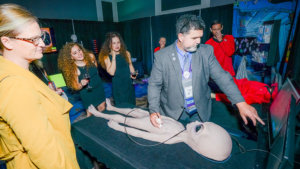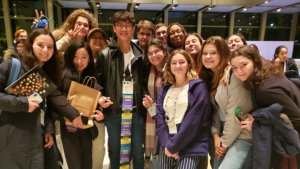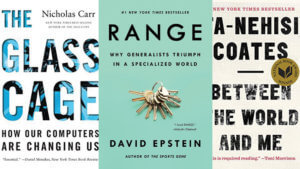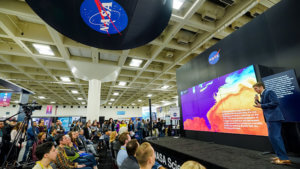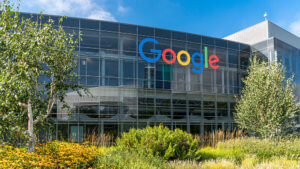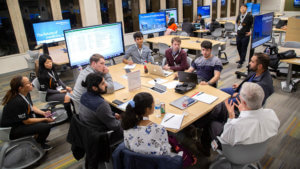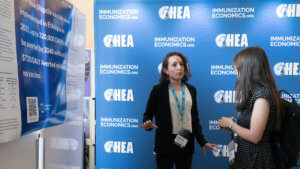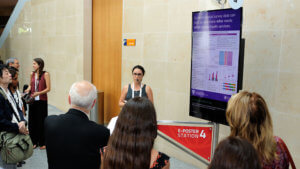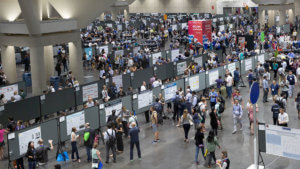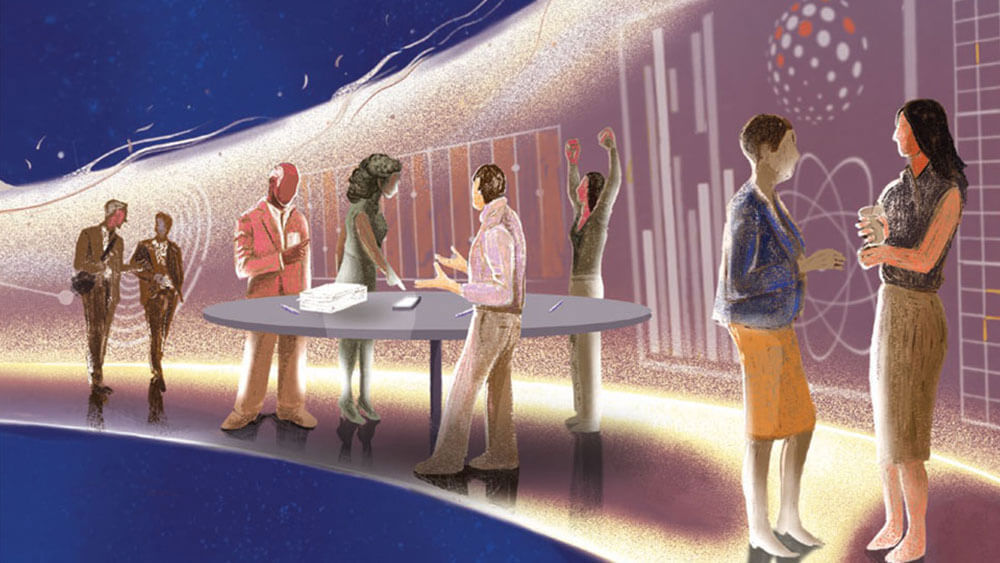
Scientific collaboration and innovation are needed now more than ever. Several scientific and medical conferences are changing to meet the demand. (Jeremy Leung illustration)
Esther Ngumbi, Ph.D., has been to many conferences. An assistant professor at the University of Illinois at Urbana Champaign and a contributor to journals like Applied Soil Ecology and the Journal of Chemical Ecology, Ngumbi needs to attend scientific events to learn about the latest developments in entomology and plant pathology and to present her own work.
Brian Lovett, Ph.D., who conducts research in vector biology and mycology, is also a regular conference-goer. He’s taken home awards for his presentations at events like the European Congress of Entomology. After all of their time spent at conferences and congresses, Ngumbi and Lovett have come to a conclusion: Many of these events need to change.
In January, the two penned an opinion piece for WIRED — “Science Conferences Are Stuck in the Dark Ages” — questioning why conference design for those involved in scientific research has been so slow to evolve. They asked: “Where’s the dialog? Where’s the questioning? Where’s the innovation? Why the deluge of printed posters when we are battling climate change? Why an onslaught of 10-minute presentations and only a few slots for a robust discussion?”
And aside from “the one-way flow of information,” the authors wrote, the costs associated with attending conferences can be prohibitively high for many scientists.
“It’s beyond time that scientific conferences themselves undergo the scientific process,” they wrote, “and move forward.”
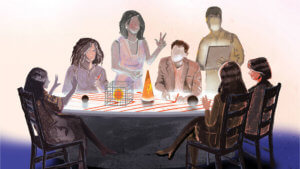
“It’s beyond time that scientific conferences themselves undergo the scientific process, and move forward.” (Jeremy Leung illustration)
Certainly, some scientific conferences are guilty as charged. There are those medical and scientific events whose programs are rooted in the standard practice of one-way presentations — solo speakers who rely on poorly designed PowerPoint slides with large copy blocks in tiny fonts to drive home their points. Some events struggle to design networking functions that rise above those of the past: think open bar in a loud ballroom that makes conversations a challenge. And others charge significant registration fees — a sticking point for many young researchers who are already accumulating debt for their studies.
However, progressive organizations are doing exactly what Ngumbi and Lovett requested: They’re moving forward. In fact, the two cite Science Foo, an un-conference that asks participants to set the agenda themselves, and the Entomological Society of America’s recent meeting, which used anonymous polling to guide the presentation, as examples of the kinds of adjustments that make conference participation more meaningful.
It didn’t take long for Convene to uncover other scientific and medical events (links below) that are breaking with tradition — with initiatives that run the gamut from major overhauls to format enhancements to small tweaks — to design experiences that have a big impact.
After all, these are scientific and medical events. Shouldn’t experimentation be part of their DNA?
Earn One Hour of CE Credit
By reading this story and the case studies Convene editors discovered below, you will be ready to earn one hour of CE credit toward CMP certification from the Events Industry Council. To take an online test to earn that CE credit, and for access to additional CMP Series stories, go to PCMA’s Convene CMP Series page.
The Certified Meeting Professional (CMP) is a registered trademark of the Events Industry Council.
Case Studies
Get Out
The inaugural escape room experience at the annual gathering of the American College of Chest Physicians proved that learning lifesaving lessons can be a highly experiential activity.
The Right Balance
With ‘a celebration of science’ as its goal, the American Association for the Advancement of Science embraces all ages and learning preferences.
By the Book
To better engage its members at its Annual Meeting, the Society of General Internal Medicine went old school in its approach.
Storytellers Need Apply
AGU brought innovative content and student scientists to its 2019 Fall Meeting through a NASA-sponsored competition to create data visualizations — using NASA data.
From Hell to Paradise at a Pediatric Conference
Dante’s medieval poem ‘The Divine Comedy’ provided an unusual backdrop for the highly interactive 23rd Pinguini Pediatric Congress.
‘The Conference That’s all Hallway Conversations’
Traditional science conference formats are heavy on one-way presentations, rather than interactive dialogue. But at Science Foo Camp, the attendees shape the conversation.
U-HACK MED: ‘Cool Science With New People’
How a biomedical research hackathon reshuffled the traditional hierarchies of researchers, students, and practitioners.
Poster Child for Redesign
Tweaking a few elements — from poster formats to presentation slides — of the International Health Economics Association pre-congress made for a more streamlined participant experience.
Signs of the Times
The World Psychiatric Association (WPA) put its annual congress posters online, increasing engagement and the reach of its 19th World Congress of Psychiatry.
Class Act
The American Chemical Society lowers registration fee for students with losing revenue, ensuring students are not priced out of its annual meeting.

